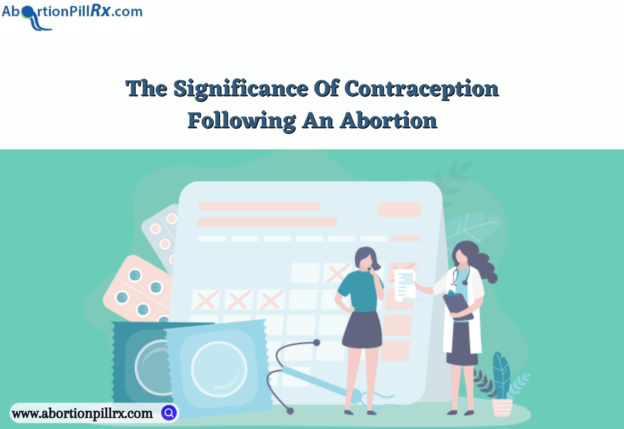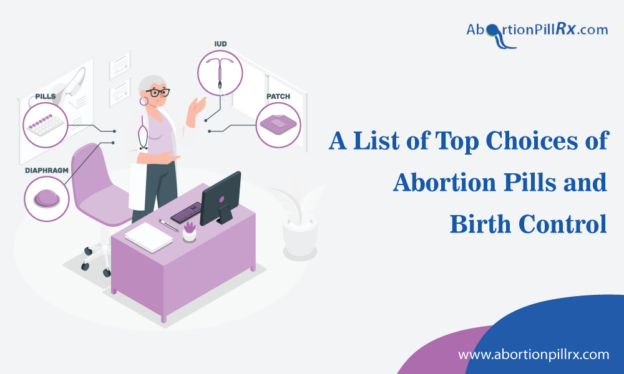Women’s access to birth control is now better in many regions of the world, thanks to the implementation of free contraceptive programs. However, despite their accessibility, not all women use these services. In this blog, we’ll look at why some women may choose not to take birth control, even if it’s free, and why contraception is such an important option for women’s health and empowerment.
Nevertheless, not every woman is taking advantage of these free options. Lack of awareness could be one of the causes. Some women may not even be aware that free birth control is an option. It is for this reason that educating and spreading information is crucial.
Myths and misconceptions around birth control could be another factor. Women may worry about the side effects of the pills and the complications of using the contraceptive options. The good news is that there are numerous birth control options available, so if one doesn’t work for you, there’s usually another that will.
Then there’s the access problem. Birth control is not easily available to everyone, even though it can come for free. Some women could be living in regions with a shortage of healthcare experts or encounter other challenges when seeking the necessary medical attention.
Let’s not forget about cultural or religious views that may impact a woman’s decision on birth control. Certain cultures or faiths have different beliefs regarding family planning that may influence whether or not a woman chooses to use contraception.
Reasons why women aren’t taking advantage of free birth control
- Lack of awareness: Some women may be unaware that free birth control is accessible to them. Limited education or information on contraception methods may contribute to this lack of awareness.
- Concern about side effects: Women may be concerned about potential side effects from various birth control methods, such as hormone changes or weight gain. Women may be discouraged from considering birth control due to misconceptions or misunderstandings regarding its side effects.
- Access barriers: Even when birth control is provided for free, real-world challenges such as transportation or the limitation of time may make it difficult for some women to obtain contraceptive treatments. A lack of nearby healthcare facilities or qualified physicians providing contraception might also be challenging.
- Cultural and religious beliefs: Cultural or religious ideas about contraception might discourage some women from taking birth control. In some societies, women’s decisions may be influenced by societal shame or taboos around birth control use.
- Lack of Finances: While birth control is free, additional costs, such as doctor appointments or follow-up visits, may still be expensive for some women. Financial instability or a lack of insurance coverage for relevant healthcare services might also limit women’s ability to access free birth control options.
Benefits of birth control for women
- Empowerment and autonomy: Birth control enables women to make sounder choices regarding their reproductive health and family planning. Women with control over when and if they become pregnant have more freedom to pursue their education, professions, and personal aspirations.
- Health benefits: For some women, birth control means more than just avoiding pregnancy. It can also assist with acne, polycystic ovarian syndrome (PCOS), and endometriosis. Birth control works by lowering hormone levels, which may relieve symptoms and enhance overall health. Hormonal birth control methods can also help treat or prevent illnesses, including ovarian cysts and uterine fibroids.
- Regular periods: Hormonal birth control can help many women regulate their menstrual cycles, lowering the intensity of symptoms like cramping, heavy bleeding, and irregular periods. This not only improves quality of life but also helps with illnesses such as polycystic ovarian syndrome (PCOS) and endometriosis, which can have a substantial influence on everyday functioning.
- Reduces risk of cancer: According to studies, long-term usage of certain kinds of birth control, notably oral contraceptives, can reduce the chance of developing ovarian and endometrial cancer. By managing hormone levels, birth control can help maintain a healthier reproductive system, lowering the risk of certain cancers.
- Prevent unwanted pregnancies: One of the main reasons for using birth control is to avoid unwanted pregnancies. Having control over when and whether to have children allows women to pursue their education, career goals, and dreams.
The bottom line
The reasons why some women do not use free birth control are complicated, with access difficulties, concerns about side effects, cultural influences, and misinformation all playing a role.
By recognizing and addressing these issues, we can strive toward a future in which all women have access to the resources they require to make sensible choices about their reproductive health.





